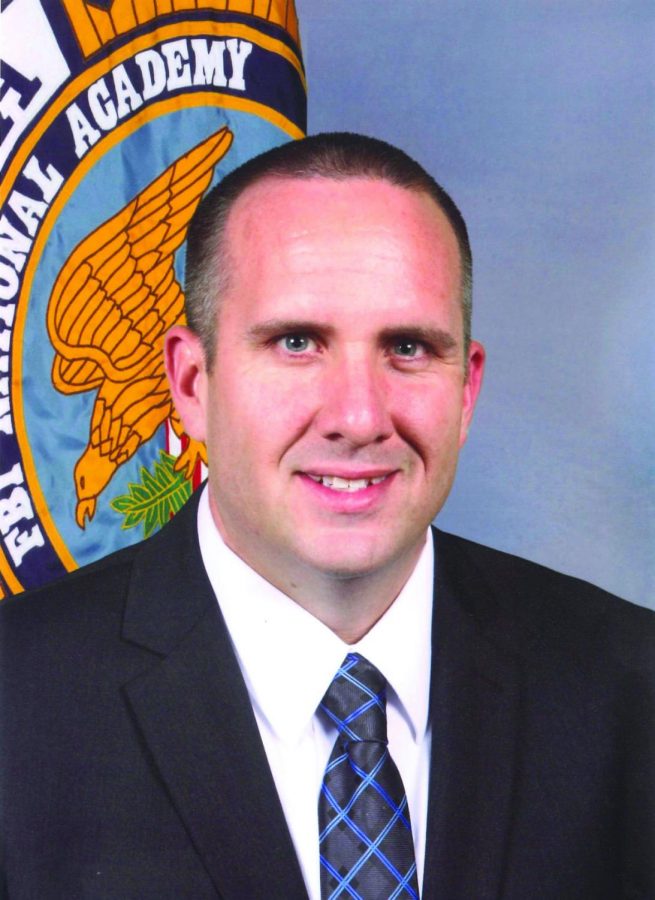FBI trained officers head WUPD
February 4, 2015
Students who had the impression that Washburn police were just glorified security guards may want to do their research and rethink their assumptions.
Campus police are, in fact, exactly what they sound like–licensed police officers who carry firearms and have the power to arrest.
“We have 15 full-time certified law enforcement officers on staff,” explained Chris Enos, Captain of the Washburn Police Department. “What certified means is that we get the same training, the same authority, as any police officer in the state of Kansas. The only real difference is our jurisdiction.”
Their staff also includes a phone service in which students can reach police 24 hours a day and part-time help for events such as football games.
Enos, a current Washburn student seeking his undergraduate degree in criminal justice, has recently returned from extra training at the FBI National Academy, which is seen as an honor among police.
“For Washburn, having a graduate from the National Academy, is very prestigious,” Enos said. “There are very few universities that have graduates from the program and we actually have two.”
Dean Forester, the Washburn Campus Chief of Police, is also a National Academy graduate.
National Academy training is important because the training teaches officers how labor laws apply to law enforcement, advanced investigative interview techniques, hostage negotiation and other general information the FBI feels is helpful for police officers in investigations as well as in their day to day lives.
“It’s a good program for me because it gives me training you wouldn’t normally get here in Kansas,” Enos explained.
In order to be eligible to receive the training an officer must be a lieutenant or higher and it takes a year or two longer to get into the program itself.
At no cost to Washburn, the classes taken also count as college credit from the University of Virginia, helping Captain Enos and other members of law enforcement that are seeking their degree in criminal justice.
“This training is great for FBI outreach to local law enforcement,” said Enos. He continued on, adding that later on this year an FBI agent that he met at the academy is going to be assigned to Topeka to start working cases. “It’s great for networking for me to know him and for him to know me before he even gets here. ”
Knowing police all over the country, as well as the types of extra training they’ve received, helps FBI agents have a network across the nation and to direct local resources when necessary.
It also helps the police to know other police in different districts around the country when investigating. This is especially helpful for college campuses where a student might have out of state connections that need to be considered when trying to solve a case.



